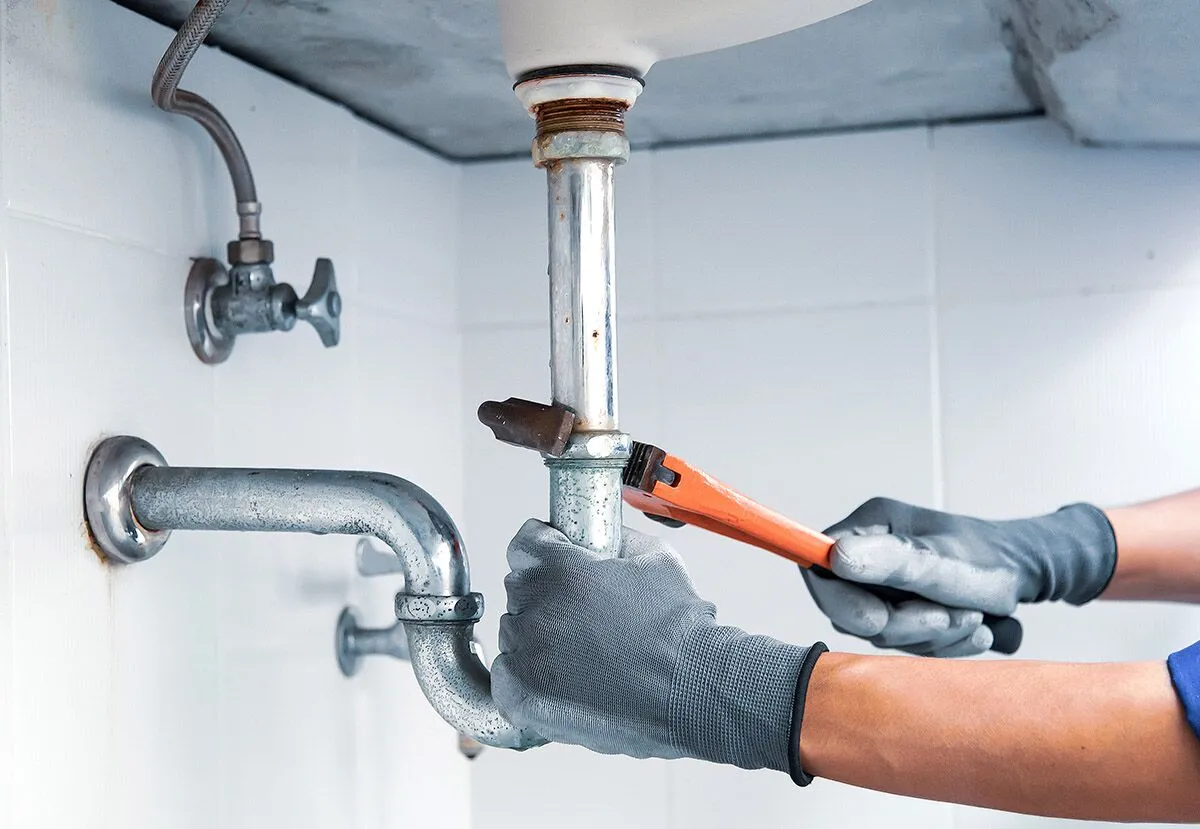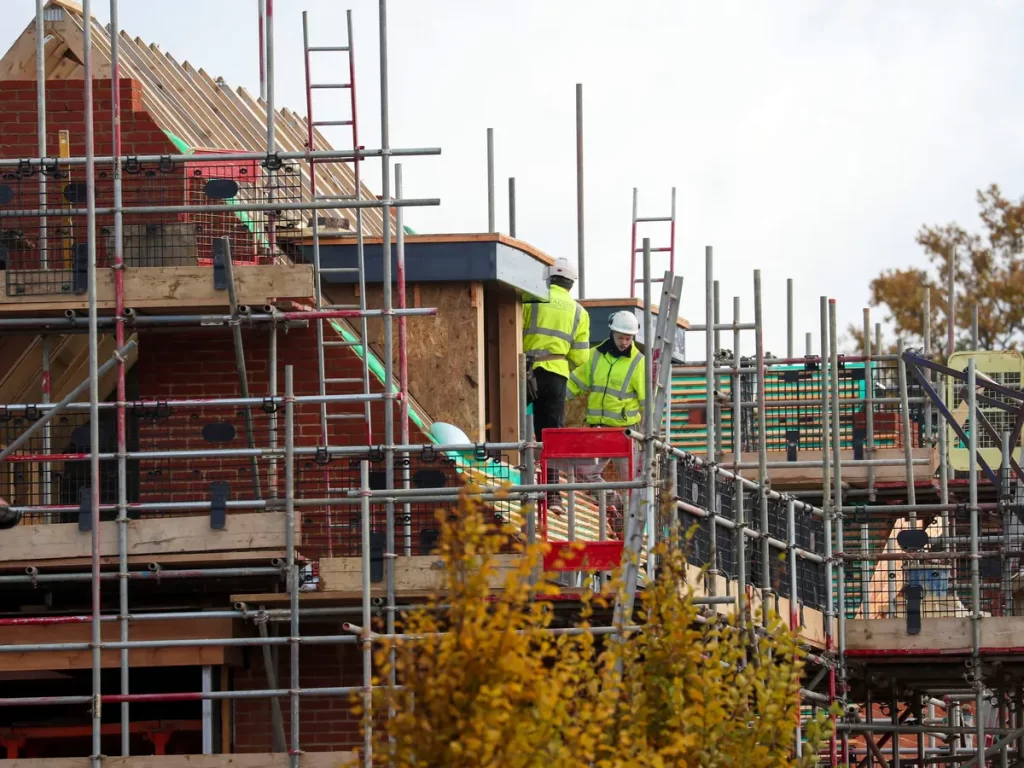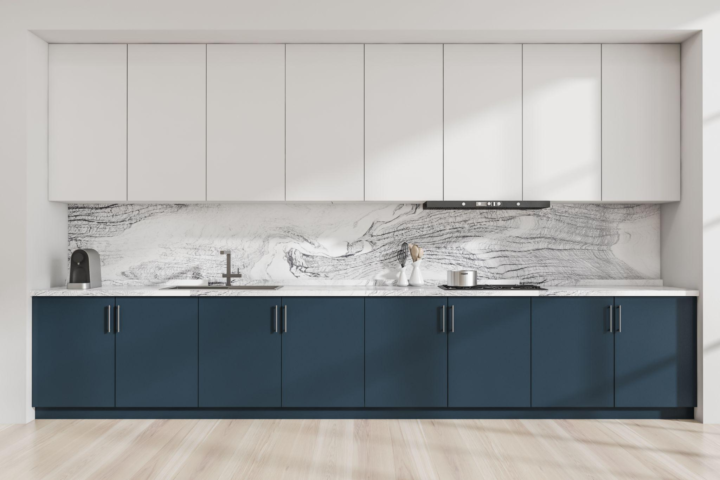Homeownership comes with a host of responsibilities, and plumbing maintenance is at the top of the list. While some may shy away from plumbing tasks, many repairs and preventative measures can be handled with a bit of knowledge and the right tools. In this article, our plumbers in Telford will dive into essential DIY plumbing maintenance tips that can help you save money, increase the lifespan of your plumbing system, and avoid emergency situations.
Understanding Your Plumbing System
Before diving into specific maintenance tasks, it’s vital to have a basic understanding of your plumbing system. Residential plumbing systems can generally be broken down into two main parts:
1. The Supply System: This delivers potable water into your home, originating from municipal water supplies or private wells.
2. The Drainage System: This removes wastewater from your home, directing it out to the sewer or a septic system.
Familiarising yourself with how these two systems work can be beneficial for understanding potential problems and preventative measures.
Routine Maintenance Tasks
1. Regular Inspections:
Regularly inspecting your plumbing can alert you to potential issues before they escalate. What should you look for?
– Pipes and Fittings: Check for signs of rust, corrosion, or build up. Pay attention to joints and connections, which are often the first places to leak.
– Water Heater: Inspect your water heater for leaks, and ensure the temperature setting is around 120°F to prevent scalding and save energy.
– Fixtures: Check sinks, bathtubs, and toilets for leaks. Cracked fixtures should be replaced, and loose connections tightened.
2. Clear Clogs and Maintain Drains:
Clogs are most commonly caused by hair, grease, soap scum, and food particles. Here’s how to keep your drains clear:
– Use A Plunger: A good-quality plunger can clear minor clogs in sinks and toilets. Always use a flange plunger for toilets for better suction.
– Try A Drain Snake: For more stubborn clogs, a drain snake can be very effective. It’s a flexible tool that can reach down into pipes and remove obstructions.
– Homemade Drain Cleaner: A mixture of baking soda and vinegar can help clear minor clogs. Pour half a cup of baking soda followed by half a cup of vinegar, let it sit for 30 minutes, and then flush with hot water.
3. Check Water Pressure:
Low water pressure can indicate a leak or blockage, while high pressure can strain your pipes. You can easily measure your water pressure with a gauge.
– The Ideal Pressure: The ideal water pressure for most homes is between 40 and 60 psi. If your pressure is consistently above 60 psi, consider installing a pressure-reducing valve.
4. Inspect and Clean Gutters and Downspouts:
While it may seem tangential to plumbing, clogged gutters and downspouts can lead to water pooling near your foundation and causing significant plumbing issues.
– Keep Gutters Clear: Remove leaves, sticks, and debris regularly. A clean gutter system ensures rainwater is directed away from your home’s foundation.
– Downspouts: Make sure downspouts are positioned correctly to divert water away from the house.
Seasonal Plumbing Maintenance
Different seasons bring unique plumbing challenges. Here’s how to prepare your plumbing for year-round functionality.
Fall and Winter:
– Prepare for Freezing Temperatures: Insulate pipes in unheated areas, such as attics and basements, to prevent freezing. Letting faucets drip can keep water moving and reduce the likelihood of frozen pipes.
– Inspect Outdoor Faucets: Drain and disconnect hoses from outdoor faucets before winter. Ideally, shut off the water supply to these faucets, if possible.
Spring and Summer:
– Check for Leaks Post-Winter: Inspect pipes for leaks that may have occurred due to freezing. Look for bulges in pipes or damp spots in walls and ceilings.
– Sump Pump Maintenance: If you have a sump pump, spring is a great time to test it. Pour water into the pit to ensure it activates. Clean out any debris to ensure optimal operation.
Troubleshooting Common Plumbing Problems
Knowing how to troubleshoot common plumbing issues can save you time and money:
Running Toilets:
A running toilet can waste a significant amount of water. Here’s how to fix it:
– Check the Flapper: Often, the flapper valve is deteriorated and needs replacing. Shut off the water, drain the tank, and replace the flapper.
– Adjust the Float: If the float is stuck, adjust it to ensure the water level is appropriate.
Leaky Faucets:
Leaky faucets are not only annoying but can waste water. Here’s how to fix it:
– Identify the Type: Determine whether your faucet is a cartridge, compression, or ball faucet.
– Replace Washers or Cartridges: For compression faucets, replacing worn washers can fix leaks. For cartridge faucets, replacing the cartridge usually resolves the issue.
Low Water Pressure:
If you’re experiencing low water pressure in specific fixtures, you can troubleshoot:
– Check Aerators: Remove and clean faucet aerators. Mineral buildup can restrict flow.
– Inspect Pipes for Blockages: In severe cases, you may need professional assistance to check for blockages deep within pipes.
Tools and Supplies for DIY Plumbing Maintenance
Having the right tools on hand can make your plumbing maintenance easier and more efficient. Here’s a list of essential plumbing tools and supplies:
– Plunger: A must-have for clogged toilets and sinks.
– Pipe Wrench: Useful for tightening and loosening pipe fittings.
– Plumber’s Tape: This helps create a watertight seal on threaded pipes.
– Drain Snake: An effective tool for clearing stubborn clogs.
– Adjustable Wrench: Handy for various plumbing fittings.
– Bucket: Always useful to catch excess water during repairs.
– Safety Gloves: Protect your hands from sharp edges and bacteria.
– Pipe Cutter: Useful for making clean cuts in pipes when replacing sections.
With a proactive approach to DIY plumbing maintenance, homeowners can save significant time and money, however if needed, our plumbers in Wolverhampton can assist you with any plumbing related enquiry.
Regular inspections, preventative measures, and basic repairs keep your plumbing system healthy and can help you avoid larger issues. By familiarising yourself with your plumbing system and maintaining it regularly, you’ll create a more efficient, cost-effective, and comfortable home environment. Should you encounter a problem beyond your skill level, don’t hesitate to contact a professional plumber. Remember, an ounce of prevention is worth a pound of cure!





